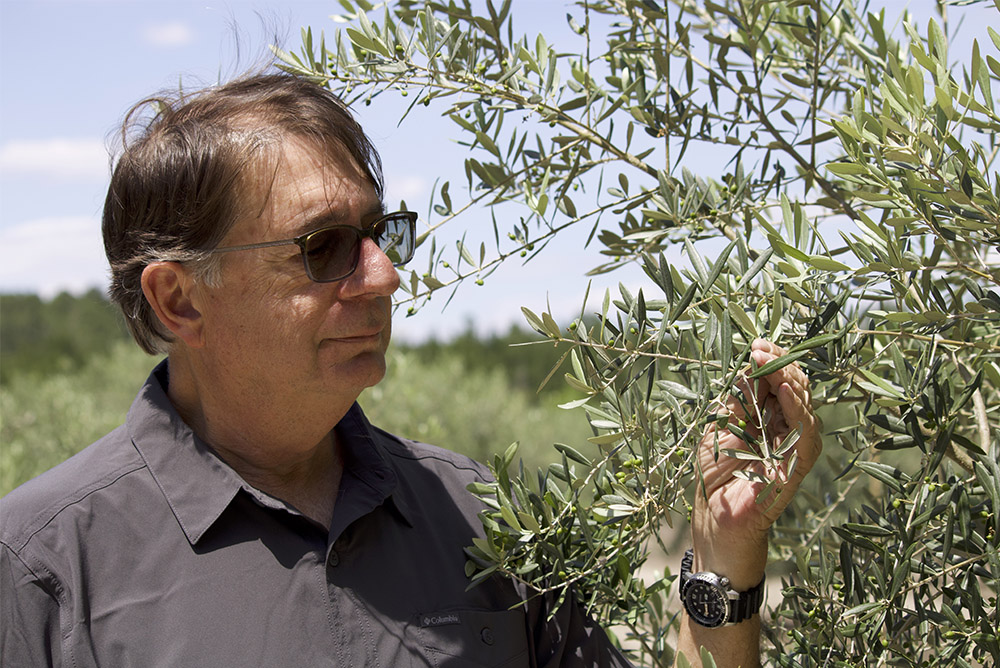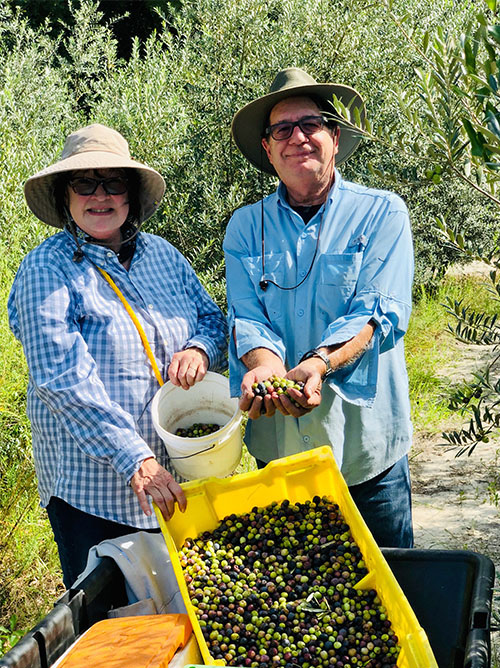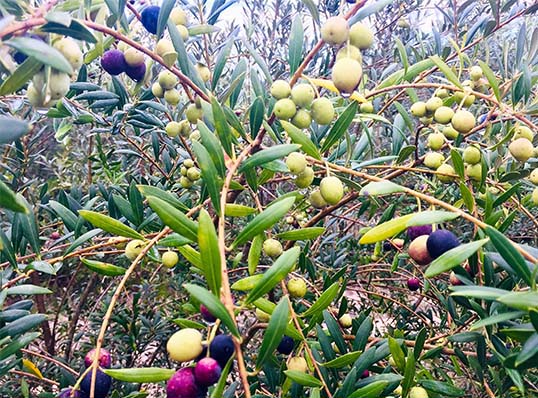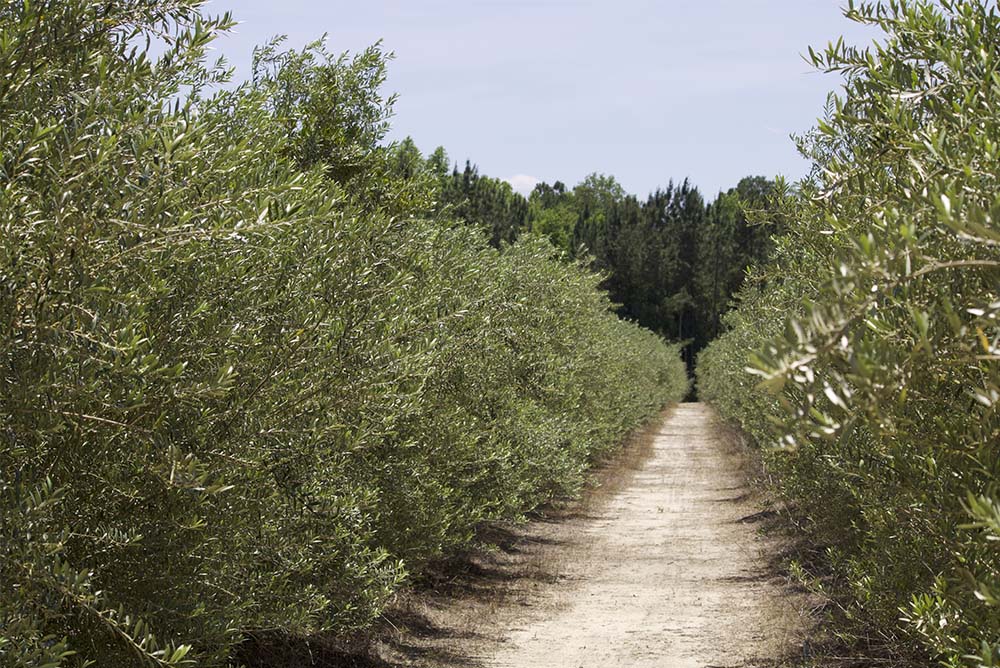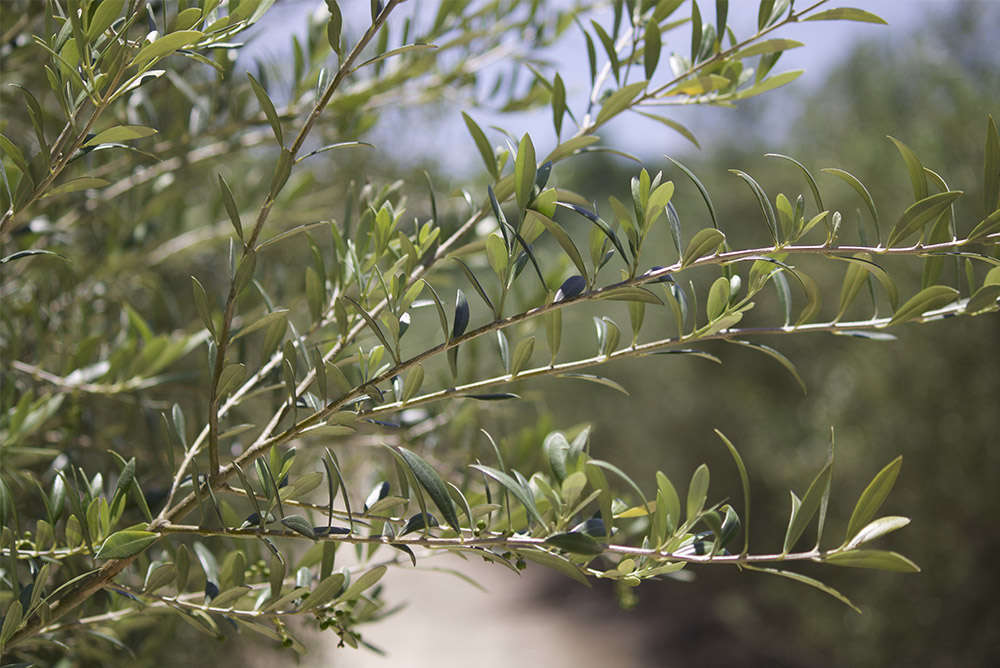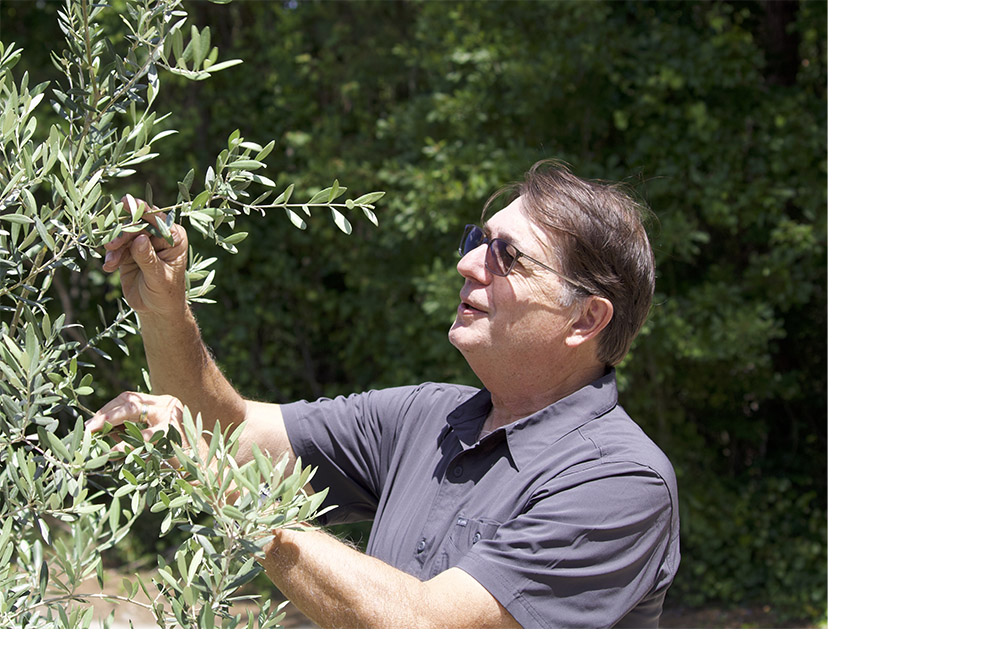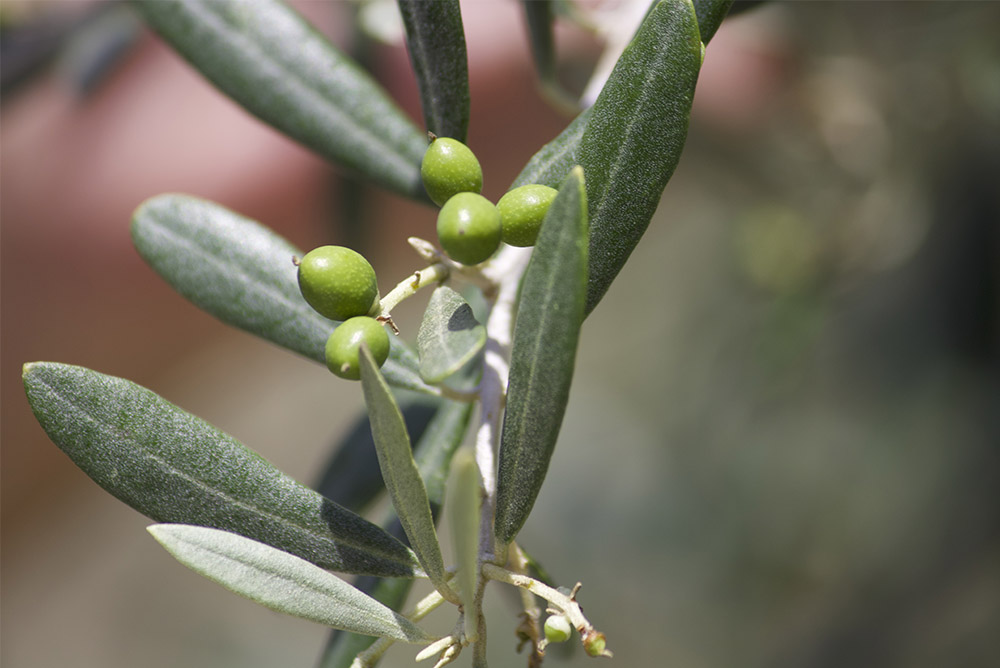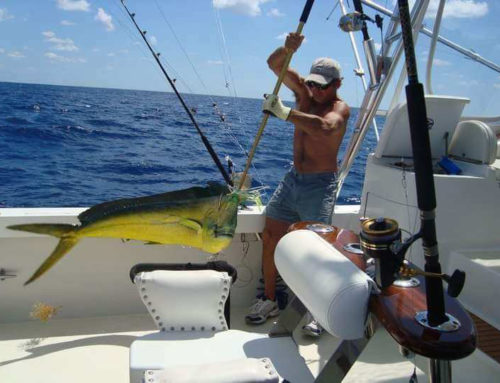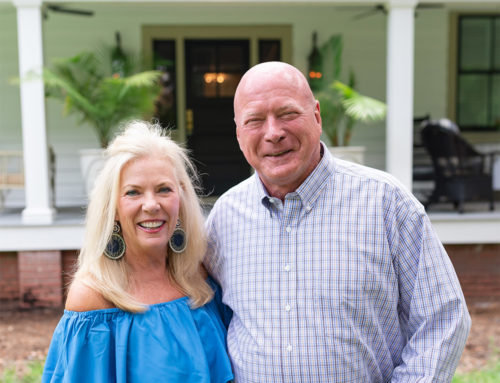Here’s how I heard the story: An American couple travels to Italy to enjoy the cuisine, sip the local wine, and drizzle the finest extra virgin olive oil onto freshly baked bread, still warm from the oven. They knew from years of visiting tasting rooms that Mediterranean countries produce the finest olive oil in the world, and now they were ready to experience it for themselves, first hand. As they approached the tasting counter they told the attendant: “We’ve traveled many miles and we’ve waited many years, but finally we are here and we would like to sample the best olive oil in the world.”
The attendant, not quite sure what to say, decided to tell them the truth: “I am very sorry to have to tell you this,” he said. “But if you’re looking for the best olive oil in the world, you’re going to have to travel to Georgia.” (Richmond Hill, GA)
*****
Georgia Route 121, also known as the Woodpecker Trail and one of the 50 most scenic drives in America, weaves its way from South Carolina to the Florida line, passing through gentle hills and acres of farmland. As it passes through Glennville, it grazes the eastern edge of the Woodpecker Trail Olive Farm, a 6,000 tree olive grove that produces what a growing number of chefs, foodies, and judges believe may just be one of the best tasting extra virgin olive oils on the planet.
“Producing great olive oil is not rocket science,” says owner/farmer Curtis Poling, who planted the grove back in 2015 following a career in international business consulting. “It is much more complicated than that!”
So many nutrients
Poling shows me a stack of handwritten notes going back six years, detailing various parts per million of nutrients such as calcium, boron, and potassium that he’s been slowly dripping into the soil at the base of each and every tree. “Olive trees are often called the ‘tree of life,’” he says. “Just nibble on one of those leaves and you’ll cure whatever ails you. And each tree needs just the right amount of nutrients, sunlight, and water – and of course, well-drained sandy soils. Put all of that together, and you might just be able to grow a few good olives.”
Wait a minute. Well-drained sandy soils? I thought we were in Georgia.
>> VISIT RICHMOND HILL, GA <<
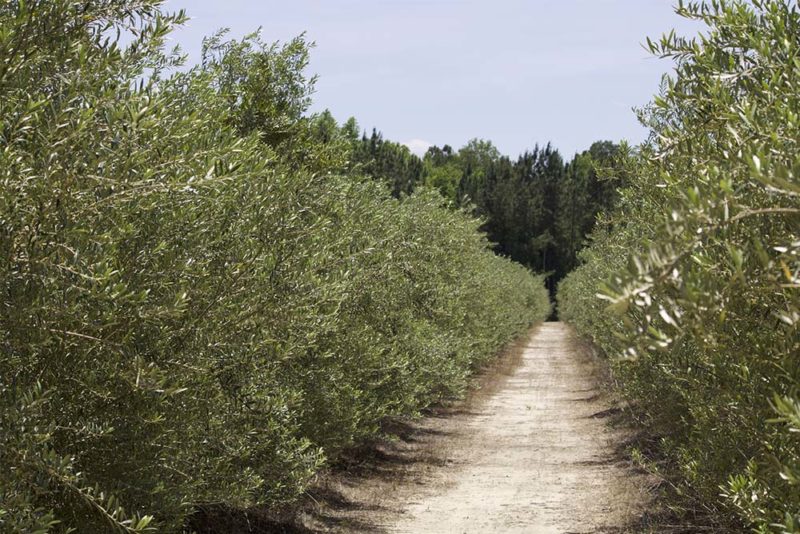
The most balanced
“This part of Glennville,” he says, gesturing towards the 300 acre farm that’s been in his wife Tracy Smith-Poling’s family since the 1850s, “sits in what used to be an ancient ocean bottom. North of Route 16 you’re looking at clay and metals in the soil; south of the Florida line, it starts getting a little too hot for olives to thrive. But right here, close to the coast and nestled in this thin, shallow valley, everything comes together perfectly for growing olives and making olive oil.”
Poling set his first trees out in 2015 and pressed his first batch of oil in 2019. “When I tasted that first batch,” he says, “I was truly amazed. I could literally taste the sun, the grass, the breeze, gently followed by a hint of pepper. I immediately sent a sample off to the New York International Olive Oil Conference competition, and to my great satisfaction, the judges felt the same way I did. I earned a silver medal with my first cold pressing, and – maybe I’m a little biased – but I think I’ll do even better with this past year’s crop. It truly is the purest, creamiest, most balanced oil I have ever tasted.”
So where does one go to purchase the purest, creamiest, most balanced-tasting olive oil in the world, suitable for salads, cooking, drizzling over fish or warm bread, or just enjoying by the tablespoon?
“We do sell our oils at a few local stores,” Poling says, “but most of our customers found us online, and most buy from us directly. And it goes fast. Our customer base is actually growing faster than we can press the oil – and I will never compromise any part of my process in order to make more oil. I will, however, be planting more trees.”
Trees from all over the world
Poling’s trees come from all over the world – California, Tunisia, France, Italy and Spain. “And they all produce different tasting olives,” he says. “My three primary goals are one, to determine which trees produce the best olives for making oil; two, to grow those trees under the best conditions possible; and three, to press the freshest and finest oil in the world.”
Once Poling and his farmhands pick the olives – something they still do by hand in late October or early November depending on the growing season – he has 48 hours to get them from the grove to the pressing facility. “That’s one of the secrets of producing great oil,” he says, “keeping the olives chilled and getting them from the tree to the bottle in as short a time as possible.”
As for the future?
As for the future? “Who knows,” he says, shaking his head slowly and chuckling. “When I get my tasting room finished and finally put out a sign, maybe folks will put the trip to Italy on hold, and come here instead. I mean, if you’re looking for the best olive oil on earth, there’s no better destination than Georgia.”
As he passes me another tablespoon filled with Georgia sunlight, freshly mown grass, gentle breezes, and a hint of pepper, I am glad that I live so close to the tree of life. To purchase a bottle or two of your own – or even some olive leaf tea – visit woodpeckertrailolivefarm.com.





